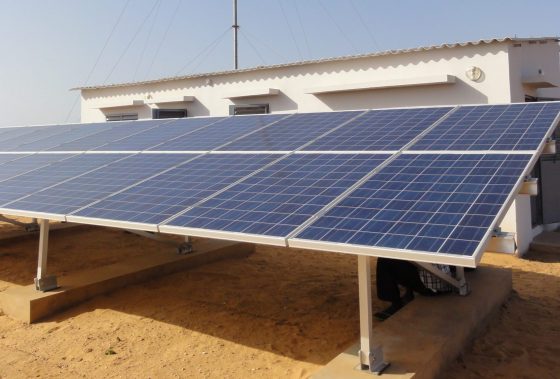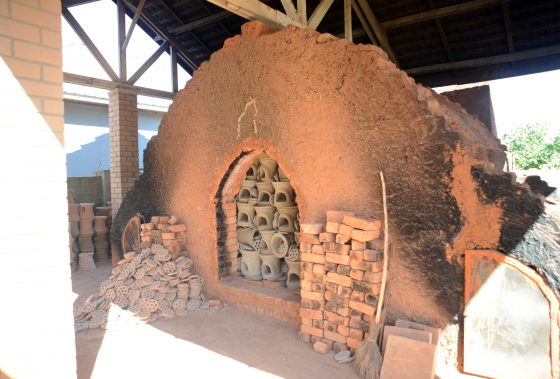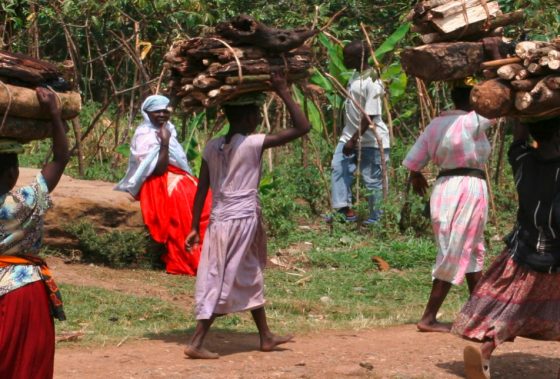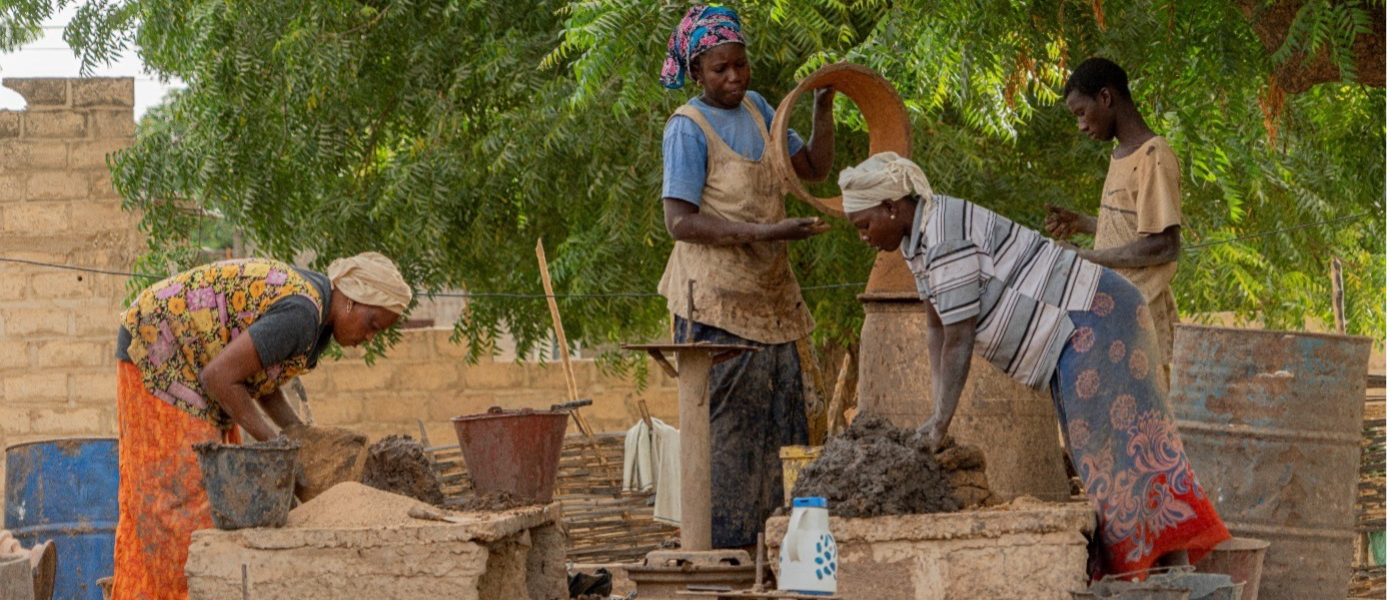
Promotion of Climate-Friendly Cooking: Kenya and Senegal
Improved cooking technologies help protect the climate by reducing carbon emissions and contributing to reaching Kenya’s and Senegal’s Nationally Determined Contribution (NDC) targets.
Technologies used in this project
- Improved cookstoves
Country data
-
Implemented in partnership with the EnDev programme as an associated project
- 1.122.217 ICS have been sold
- 3.107.462 t CO2e GHG emission reduction
- 7.768.083 individuals with improved access to low-emission energy sources (3.937.028 of these are women and 4.239.096 children)
- 2.691 jobs created in the ICS value chain (1.108 of these for women)
- *Achievements until December 2023
Background
Around 15 percent of the global demand for energy is currently being covered by traditional biomass such as firewood, charcoal, or plant residues. Some 2.8 billion people worldwide use this type of fuels for their daily cooking. This is also very common in both Kenya and Senegal. In Kenya, more than 80 per cent of the population use biomass fuels for cooking and heating; in Senegal, 58 per cent of the urban population and 86 per cent of the rural population do so.
Ambition level
The “Promotion of Climate-Friendly Cooking: Kenya and Senegal” project is contributing to reducing Green House Gas (GHG) emissions and improving people’s – and especially women’s – living conditions by transforming the improved cookstoves (ICS) markets in both countries, to achieve a sustainable long-term market growth. This will be done by addressing key barriers and using a holistic market-based approach. Through this, the project also supports the Government of Kenya and Senegal in realizing their potential of emission reduction for reaching their energy sector specific NDC targets until 2030. In total the project will benefit 11.2 million people and thus increasing the number of ICS users mainly among rural and the most vulnerable populations. 5 megatons CO2e will be saved during the project period and an additional reduction of 24.8 megatons of CO2e until 2030.
The project follows a two-sided approach by focusing on improving the supply and demand side of ICS production in Kenya and Senegal. In order to strengthen the supply side, the project supports ICS producers to professionalize their production via tools, machinery, enhancement of production processes, as well as business development support to enable them to scale up their production, increase the quality of their ICS and thus become professional or businesses class ICS producers. Demand side interventions comprise of awareness creation and behavioural change campaigns, with nationwide outreach via TV as well as radio advertisement in addition to local individual events comprising of i.e., cooking demonstrations organised by women’s groups. These demand side activities focus on highlighting the positive health, as well as environmental and safety benefits along with the fuel saving impact of the ICS. This market-based approach is complemented by interventions which improve the enabling environment, such as ICS quality standards and regulations – national ICS quality label – strengthening of stove testing capacities in line with established standards, creation of new stove testing centres and capacity building of county governments to plan and include clean cooking interventions in their plans.
Learn more about EnDev activities worldwide.While Kenya targets to achieve universal access to modern cooking technologies by 2028, currently only two in every ten households have access to clean cooking. Deliberate and context-specific interventions as well as solutions-driven partnerships will be crucial to achieve this target which will contribute significantly to the country’s commitments on climate to reduce GHG emissions by 32% by 2030.
Jackson Mutonga, Project Manager
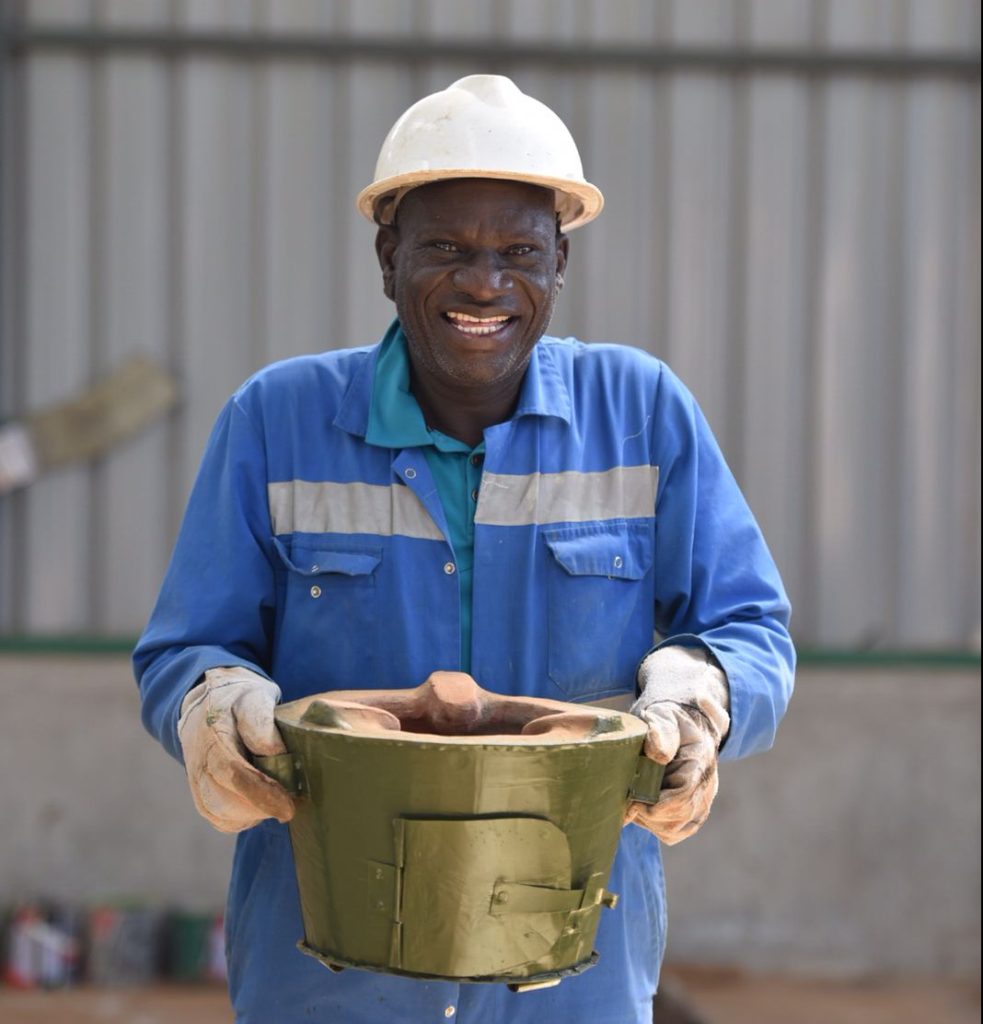
Strong alliance of partners
The project is commissioned by the Federal Ministry for Economic Cooperation and Development (BMZ) and co-financed by the Green Climate Fund (GCF), Kenya’s Ministry of Energy and Senegal’s Ministry of Petroleum and Energy and Ministry of the Environment and Sustainable .
GIZ resumes the role of lead implementer and works closely on country level with the so-called executing agencies and other implementing partners – in Senegal respectively Enda Energie, Enda Ecopop, and Concept; in Kenya Ministry of Energy, Energy for Impact, Practical Action, KTDA Foundation, Dedan Kimathi University of Technology, Green Belt Movement and Strathmore University.
The project is implemented as an associated project to the Energising Development (EnDev) Programme under the umbrella of the EnDev Partnership. It is in line with the EnDev strategy 2019-2025 and thus EnDev’s’ overarching approach towards energy access for all.
Go to GCF project website for more insights

Environmental and Social Assessment
The project’s “Environment and Social Impact Assessment” is available for download in English and French (in line with the Green Climate Fund’s disclosure policy).
Grievance Redress Mechanism
Information on the project´s grievance redress mechanism can be found here. If you would like to file a complaint, please kindly utilize the link or contact the following:
1. GIZ Integrity: integrity-mailbox@giz.de
2. GIZ Compliance: compliance-mailbox@giz.de
Further the Independent Redress Mechanism of the Green Climate Fund to file a complaint can be found here.
Want to know more about Clean Cooking activities within EnDev?
Click hereMedia Center
Knowledge Products
#1 Climate-friendly cooking: Scaling markets. A Guide on the Professionalisation Approach
This guide introduces the Professionalisation Approach by discussing preconditions, presenting key design elements, providing implementation advise and sharing early lessons learned. It is the first of three knowledge products planned, to be followed by a guide on how biomass cookstove projects can contribute to national NDC reporting and a Lessons learned report.
#2 Climate-friendly cooking: demonstrating CO2 emissions
The report examines how improved cookstove projects can contribute to climate mitigation and to reporting on Nationalle Determined Contributions (NDCs).
